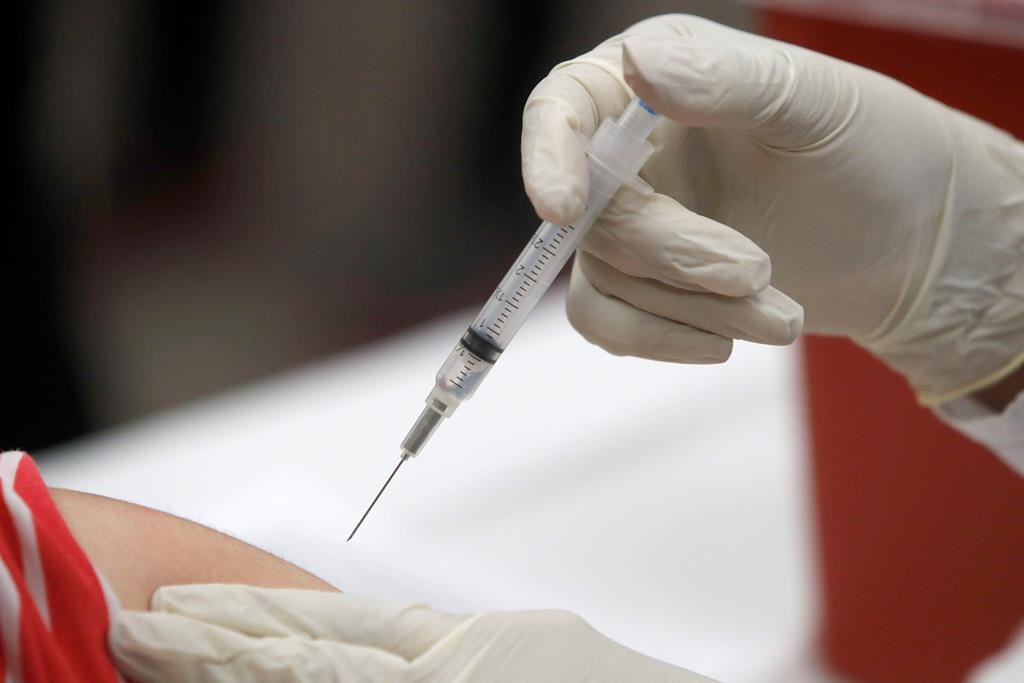If or when a vaccine for the coronavirus is made available, many people in Saskatchewan would think twice about getting it, according to a recent poll done by the Angus Reid Institute.

The poll showed that 64 per cent of those asked in Saskatchewan would be willing to get vaccinated, the lowest rate in the country.
Western provinces, in general, had some of the country’s lowest numbers. Like Saskatchewan, 64 per cent of people who were asked in Manitoba would get vaccinated. Alberta is at 67 per cent.
The province with the largest number of people willing to get vaccinated for the coronavirus is British Columbia at 81 per cent. The national average is 75 per cent.
The poll showed that half of Canadians would get vaccinated right away, while about a third would likely wait a bit.

Get weekly health news
“One characteristic that divides these two groups is worry over potential side effects from a new and potentially quickly developed immunization,” the Angus Reid Institute said in a release on Tuesday.
“The majority of those who say they will wait to get the vaccine also say they are worried about side effects (76 per cent). By contrast, among those who are eager to get it, half as many (37 per cent) carry that concern.”
According to the World Health Organization, there are currently 165 vaccine candidates being studied worldwide.
Five of those are in Stage 3 clinical trials – typically the last stage, after which the vaccine could be approved if it shows positive results.
One of those, by the company Moderna, is now being tested in thousands of people across the U.S., in a trial that started last week.
“I think it’s pretty exciting that a number of vaccines have moved on to this phase,” said Dr. Manish Sadarangani, an assistant professor at the University of British Columbia and director of the Vaccine Evaluation Centre at B.C. Children’s Hospital on Aug. 2.
“I think it’s actually incredible to think that, given that normally vaccine development takes 10 to 15 years at least, that we’ve done several years’ worth of development in the space of a few months.”
Other key findings revealed in the poll include three-quarters of Canadians say a vaccine should be mandatory in extended care homes and for health-care workers while 63 per cent believe it should be mandatory in schools.
— More to come






Comments